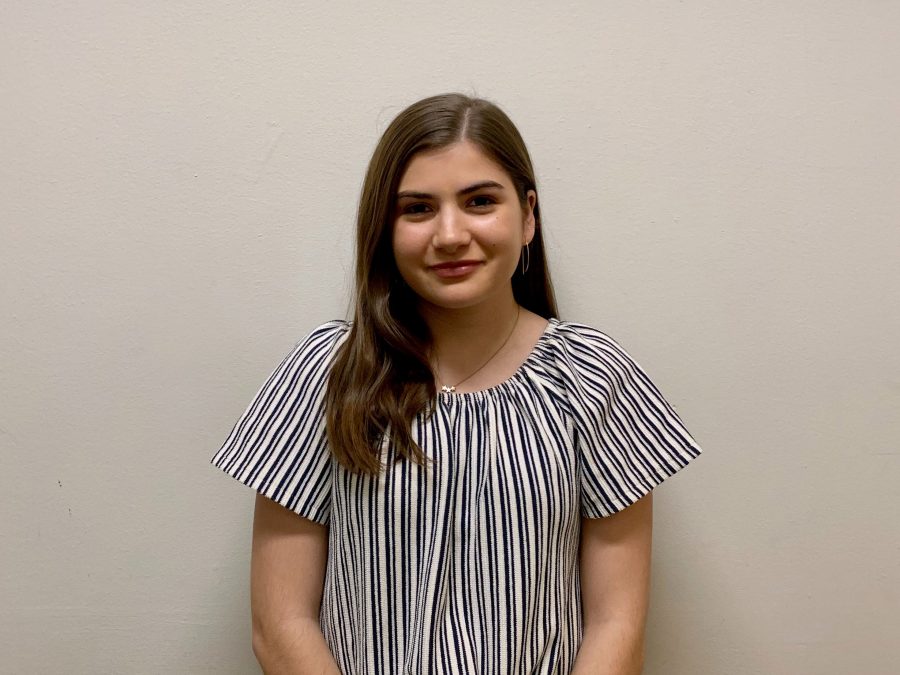This past week, I like so many others indulged in the glorious splendor that is “Homecoming,” Beyoncé’s recent Netflix documentary. Truth be told, words fail to adequately describe the artistry, personal stories and social commentary that were seamlessly curated to produce this film. In the two hours and 17 minutes, Beyoncé manages to tackle an array of issues — from race and gender discrimination to her personal experiences regarding the toll that childbirth takes on a woman (alluding to the elevated risk of health complications women of color face when delivering their children) — all while bridging cultural gaps and promoting an understanding of the black community in the U.S., today and in the past. This myriad is, of course, all centered around her historic headlining performance at Coachella in 2018.
I have been a lifelong member of the BeyHive (Beyoncé’s aptly titled fan base), and though “Homecoming” cannot possibly mean to me what it may mean to African Americans, Beyoncé’s philosophy — of breaking down barriers and creating prominent inclusive spaces for those who have been made to feel marginalized — serves as a call to action we should all get behind.
It all started with “Dangerously in Love,” her debut album, when her music was more upbeat and fun than political, and I, as a six-year-old, could enjoy singing along to it. Beyoncé was always dynamic, but starting out in the industry as a teenager, she wasn’t always an activist. But as she has grown into her identity, I have grown into mine alongside her.
As the creator of “Homecoming,” Beyoncé was open about wanting diversity in talent, and aimed to pay homage to Historically Black Colleges and Universities (HBCUs) while celebrating the black body.
“I wanted a black orchestra, I wanted the steppers, I needed the vocalists, I wanted different characters,” she said. “I didn’t want us all doing the same thing, and the amount of swag is just limitless.”
Her storytelling is defined by a commitment to diversity. In today’s political climate, when the future of acceptance seems bleak, I seek out and appreciate artists who do not shy away from highlighting their identity as a part of their art.
I have had the distinct privilege of coming of age as a Latinx woman in an era where Beyoncé could serve as a role model to my peers and I. With her groundbreaking lyrics and video for “Formation” and her “Lemonade” album and film, Beyoncé redefined what it means to assert your identity in your music, boldly and unabashedly. And as an 18-year-old just starting college, I was voting for the first time in the tumultuous 2016 election and developing in my consciousness about how I, as a Latinx woman, am viewed socially and politically. Beyoncé’s self-acceptance helped me form my own. She has been a part of my political upbringing, and with “Homecoming,” she has reaffirmed and redefined what it means to be both an artist and advocate.
We know of the difficulties that women face in the workforce and in the music industry, even in 2019. That is true even without considering Beyoncé’s intersectional identities. Being a woman of color in American society today is a starkly unfair, multi-faceted battle, even if you are among the brightest and most talented stars. However, it is precisely due to Beyoncé’s womanhood and the strength that it puts forward, that “Homecoming” should be recognized as the greatest cultural moment in recent performance history. Beyoncé herself speaks of “the joy in the struggle,” and claims that “what people don’t see is the sacrifice.” But her struggle has become her strength, and in the face of adversity, she has grown as a creative force.
“Homecoming” transcends all other performances in recent history — because with it, Beyoncé has made it clear she is beholden to no one. And though she says in the film that this is the hardest she has ever pushed herself — that she has, essentially, reached her peak — Beyoncé is sorely mistaken. This moment in her career actually proves the opposite; she is capable of so much and is only just getting started. And her fans will only continue to develop alongside her.
In my mind, she is the greatest living entertainer — not that anyone needed “Homecoming” to prove that. But I’m sure glad she blessed us with it.
Opinions expressed on the editorial pages are not necessarily those of WSN, and our publication of opinions is not an endorsement of them.
Email Helena Gonzalez at [email protected].
























































































































































